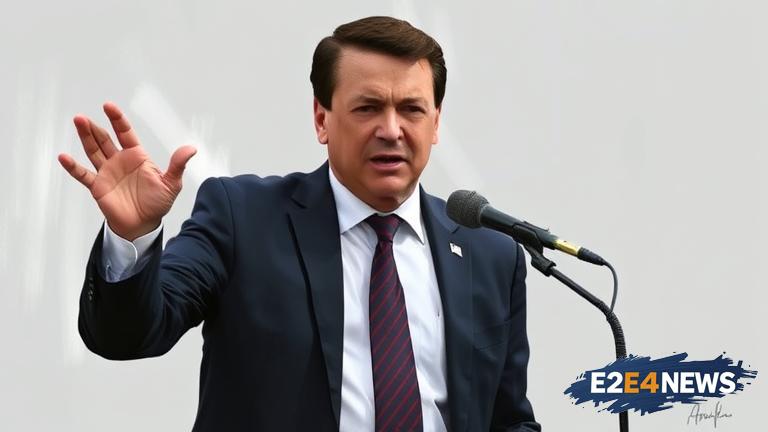In a significant development, a Brazilian court has ordered former President Jair Bolsonaro to wear an ankle monitor as he prepares to face trial on multiple charges. This move is seen as a major escalation in the country’s efforts to hold the former leader accountable for his actions. Bolsonaro, who served as President from 2019 to 2023, has been accused of a range of offenses, including corruption, obstruction of justice, and inciting violence. The ankle monitor is intended to track Bolsonaro’s movements and prevent him from fleeing the country or interfering with the trial. The court’s decision is a response to concerns that Bolsonaro may attempt to evade justice or intimidate witnesses. The trial, which is expected to begin in the coming months, will be a major test of Brazil’s judicial system and its ability to hold powerful figures accountable. Bolsonaro has denied all wrongdoing and has characterized the charges against him as politically motivated. Despite this, the evidence against him appears to be mounting, and many observers believe that he will ultimately be found guilty. The case against Bolsonaro is complex and involves a range of allegations, including the misuse of public funds and the spread of disinformation. The former President’s supporters have rallied around him, arguing that he is the victim of a witch hunt. However, his critics argue that he has shown a blatant disregard for the law and has undermined the country’s democratic institutions. As the trial approaches, tensions are running high in Brazil, with many people eager to see justice served. The outcome of the trial is far from certain, but one thing is clear: it will have major implications for the future of Brazilian politics. The country is watching with bated breath as the drama unfolds, and the international community is also paying close attention. The use of an ankle monitor is a significant step, and it demonstrates the court’s commitment to ensuring that Bolsonaro does not interfere with the trial. The monitor will allow authorities to track Bolsonaro’s movements in real-time, preventing him from leaving the country or making contact with potential witnesses. The trial is expected to be a lengthy and complex process, with many witnesses and pieces of evidence to be presented. In the end, it will be up to the court to decide Bolsonaro’s fate, and the outcome will have far-reaching consequences for Brazil and its people. The country’s democratic institutions have been tested in recent years, and the trial will be a major test of their strength and resilience. As the world watches, Brazil is poised to take a major step forward in its pursuit of justice and accountability.
